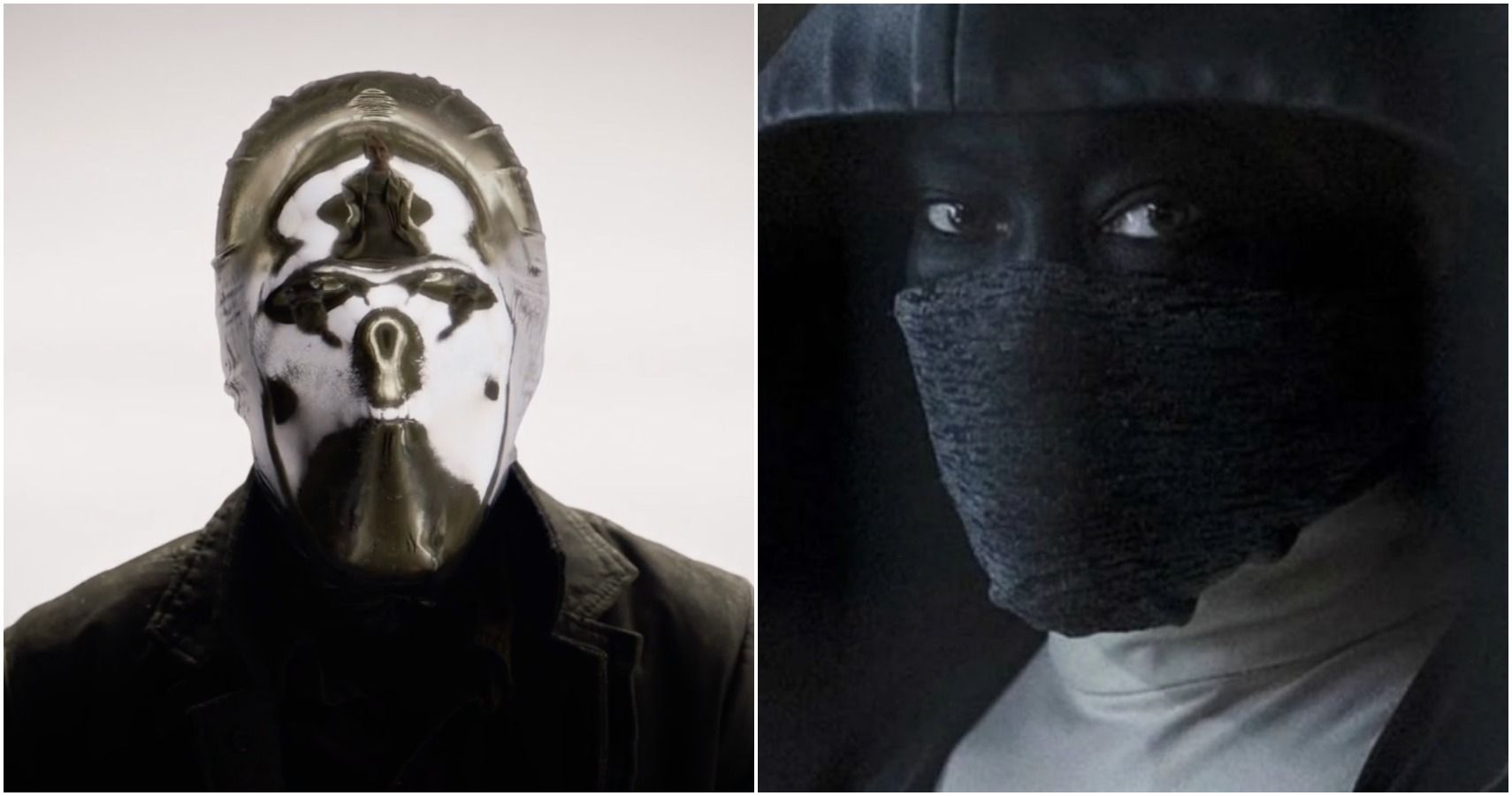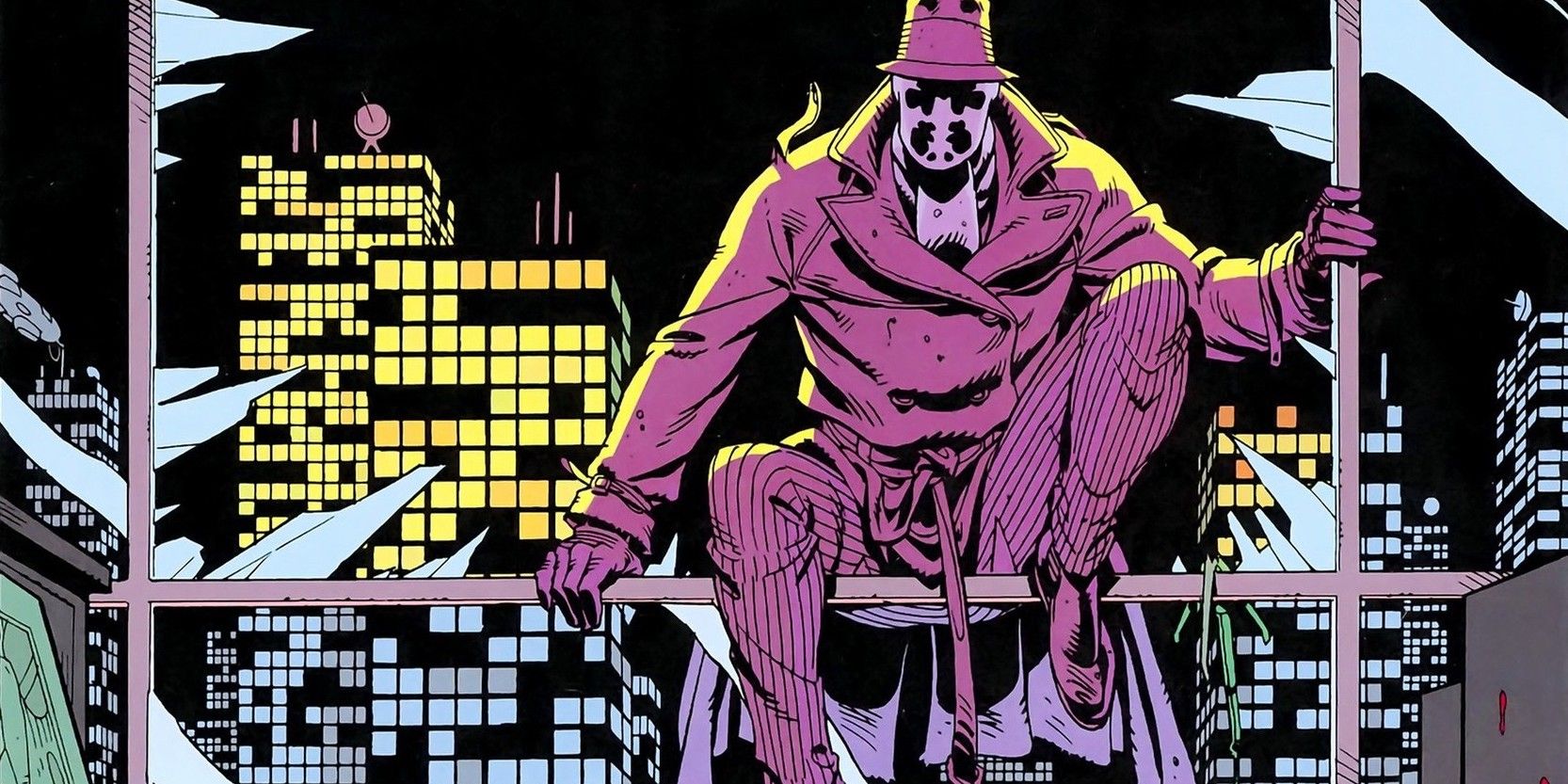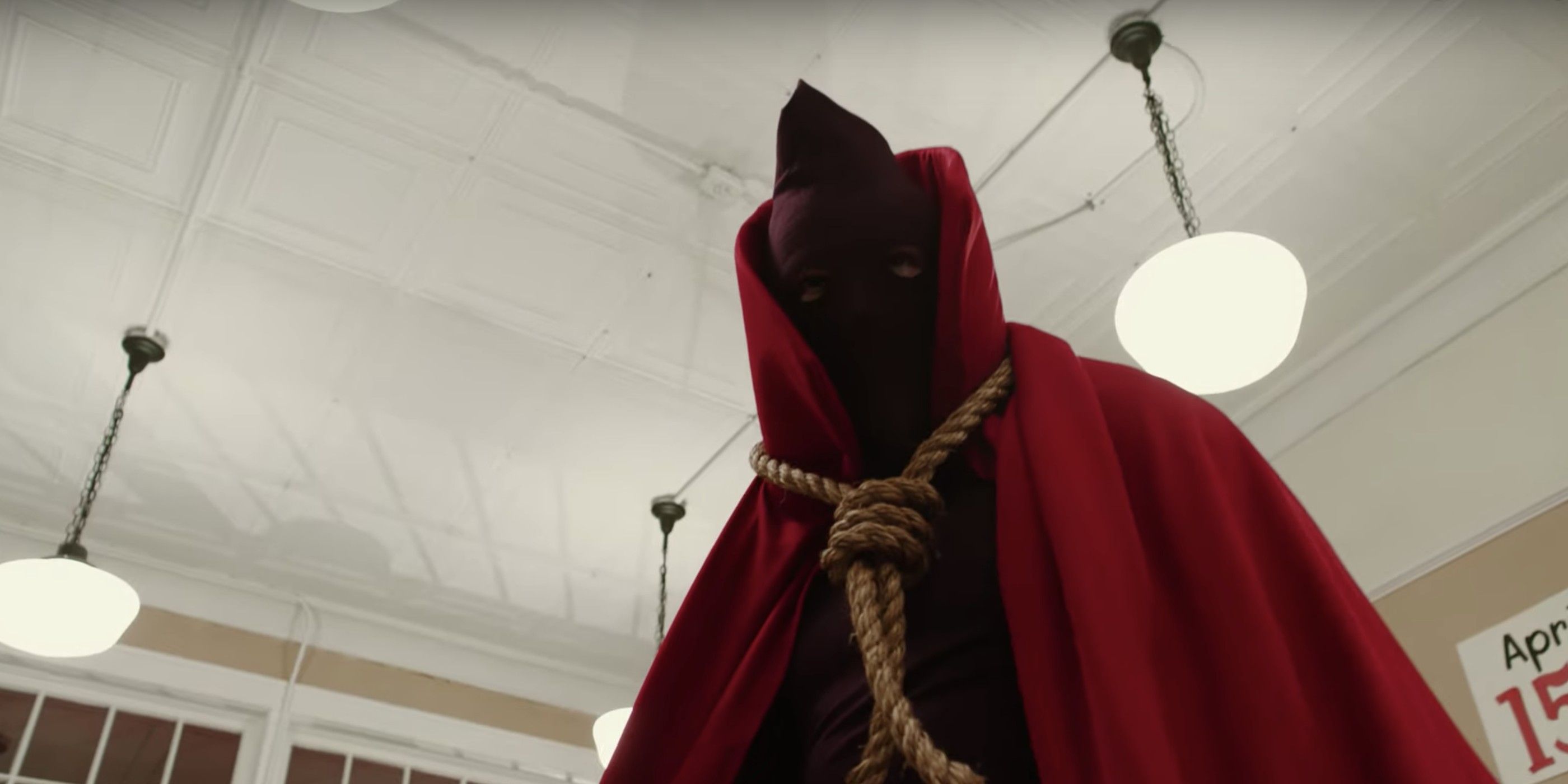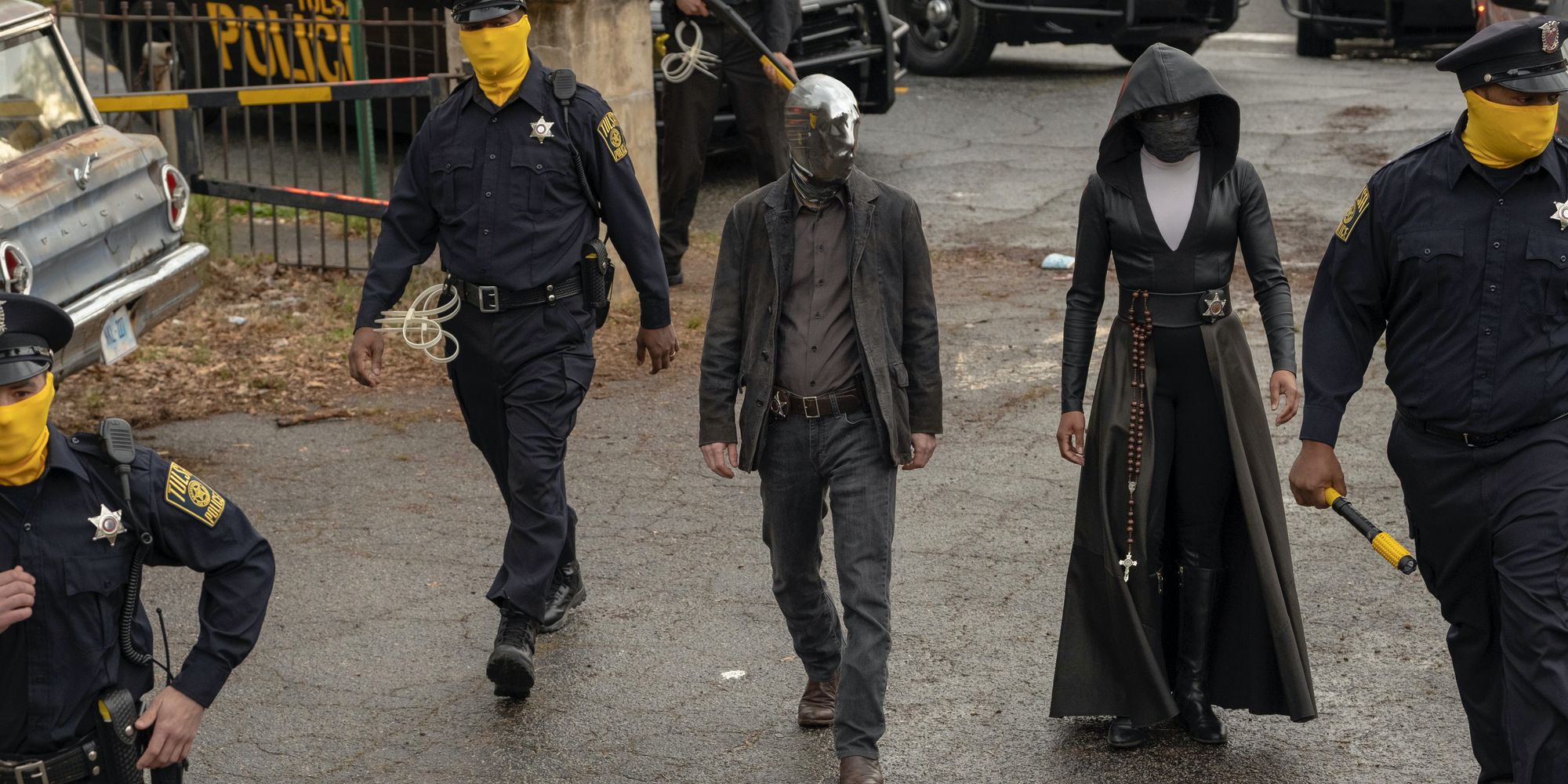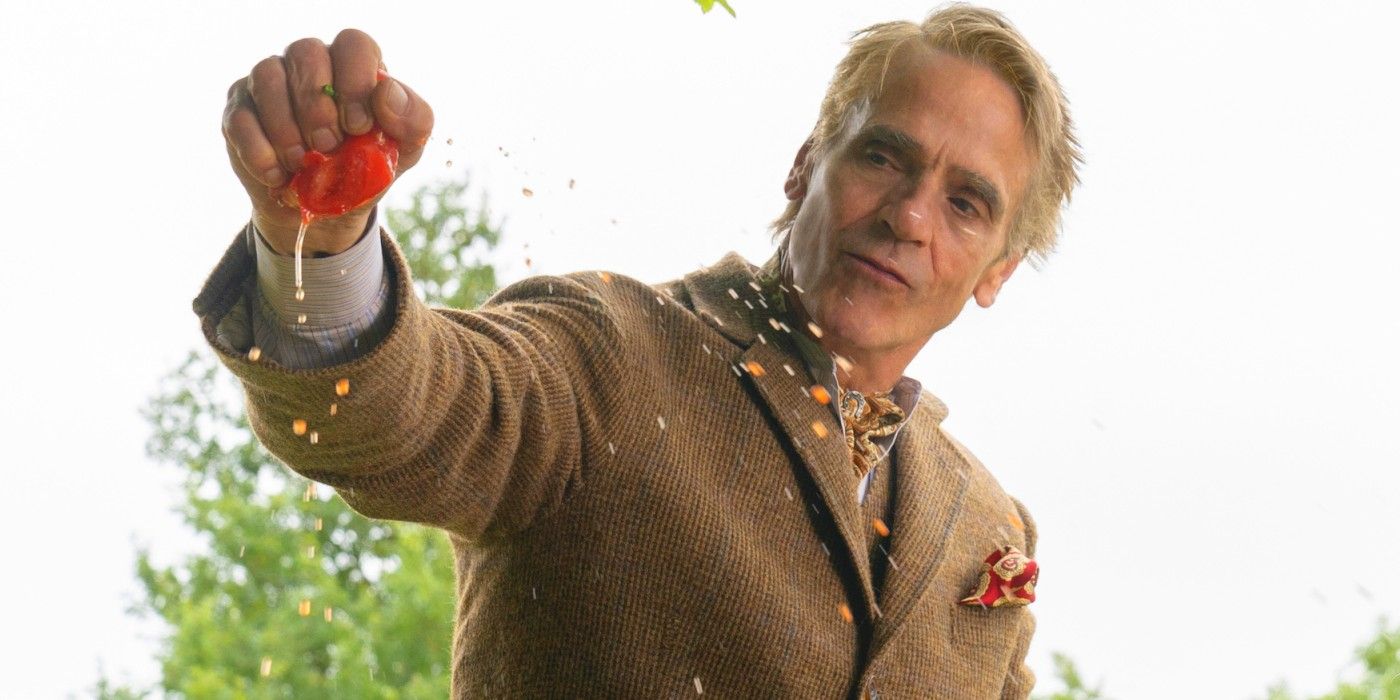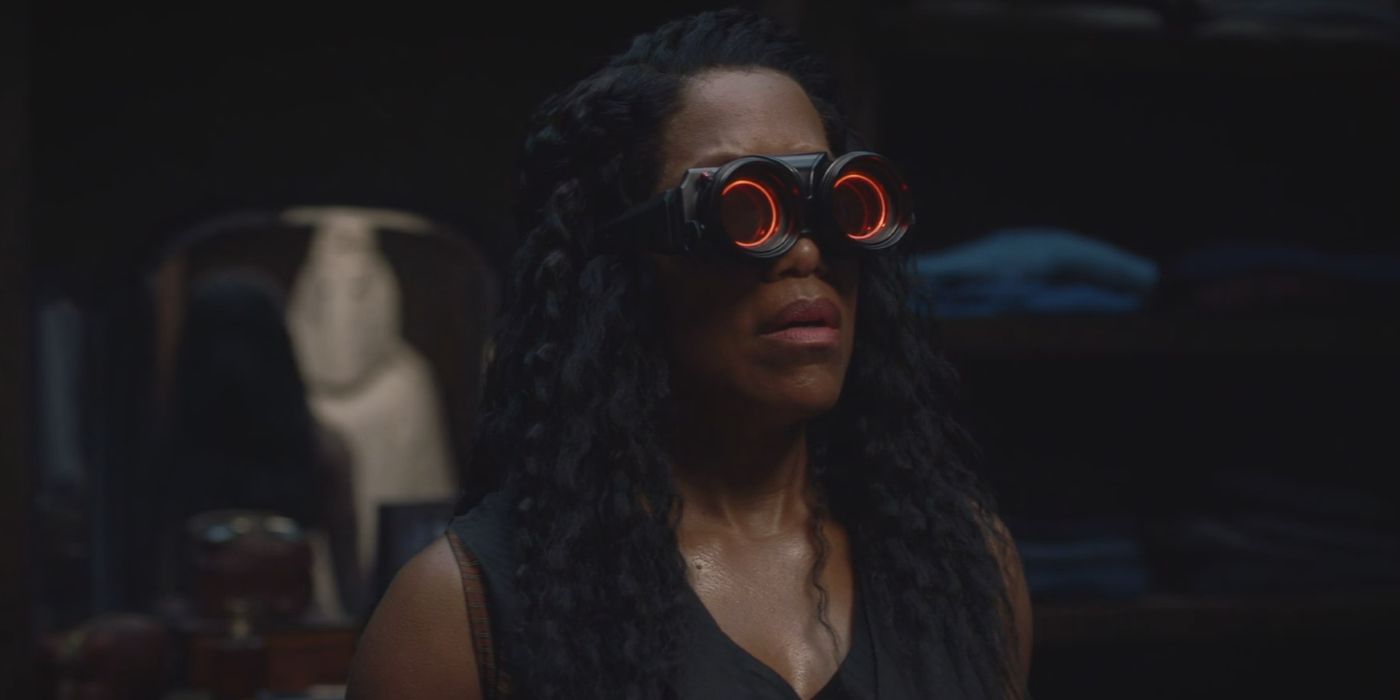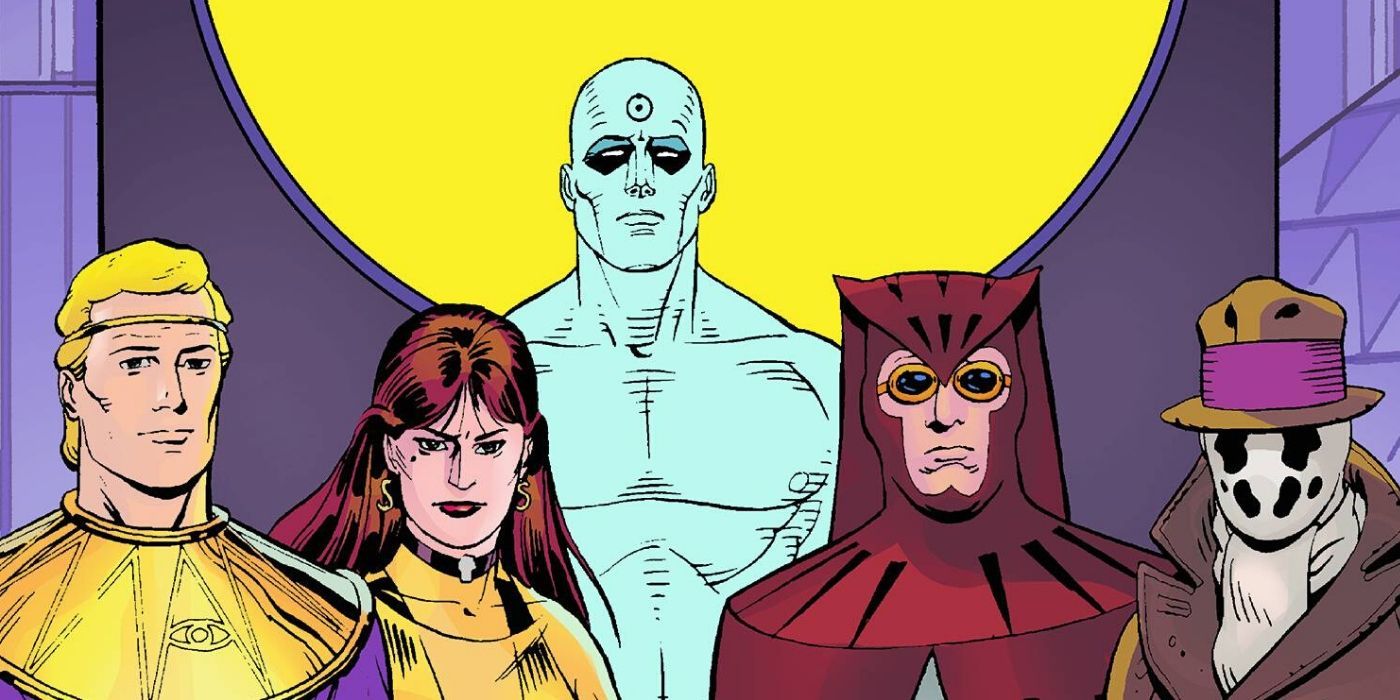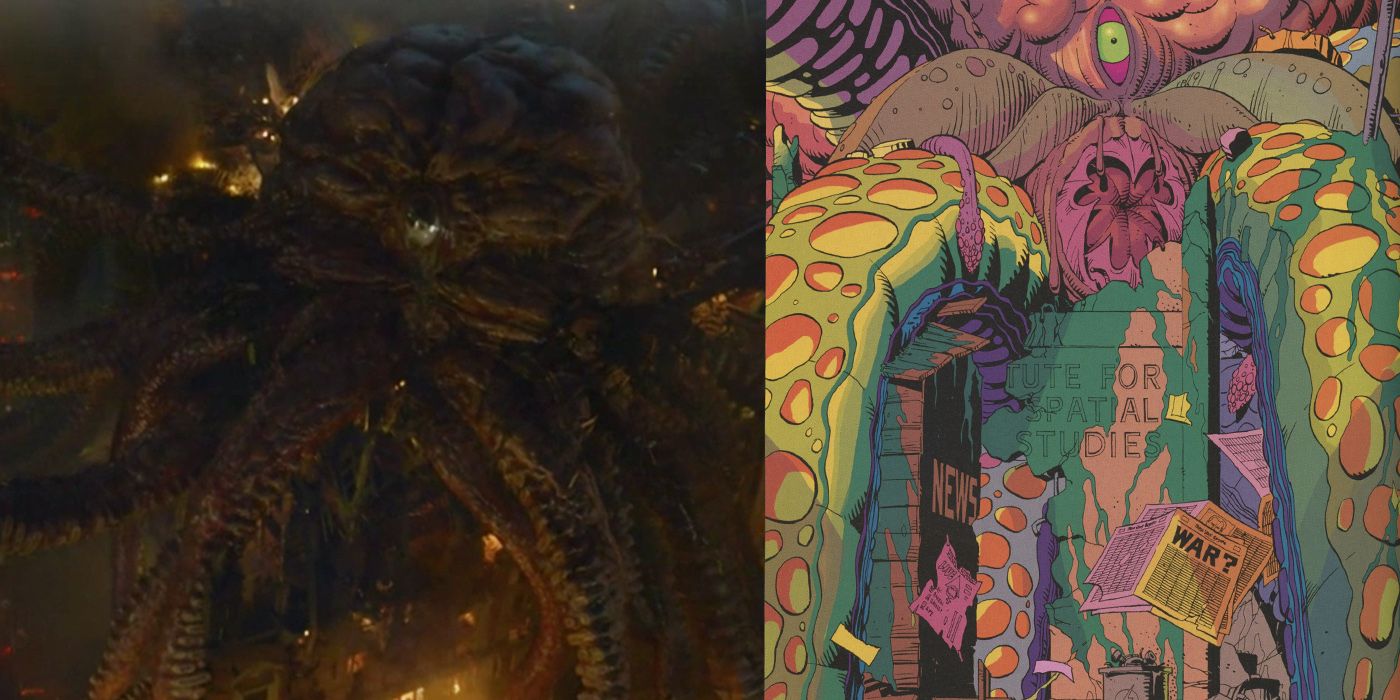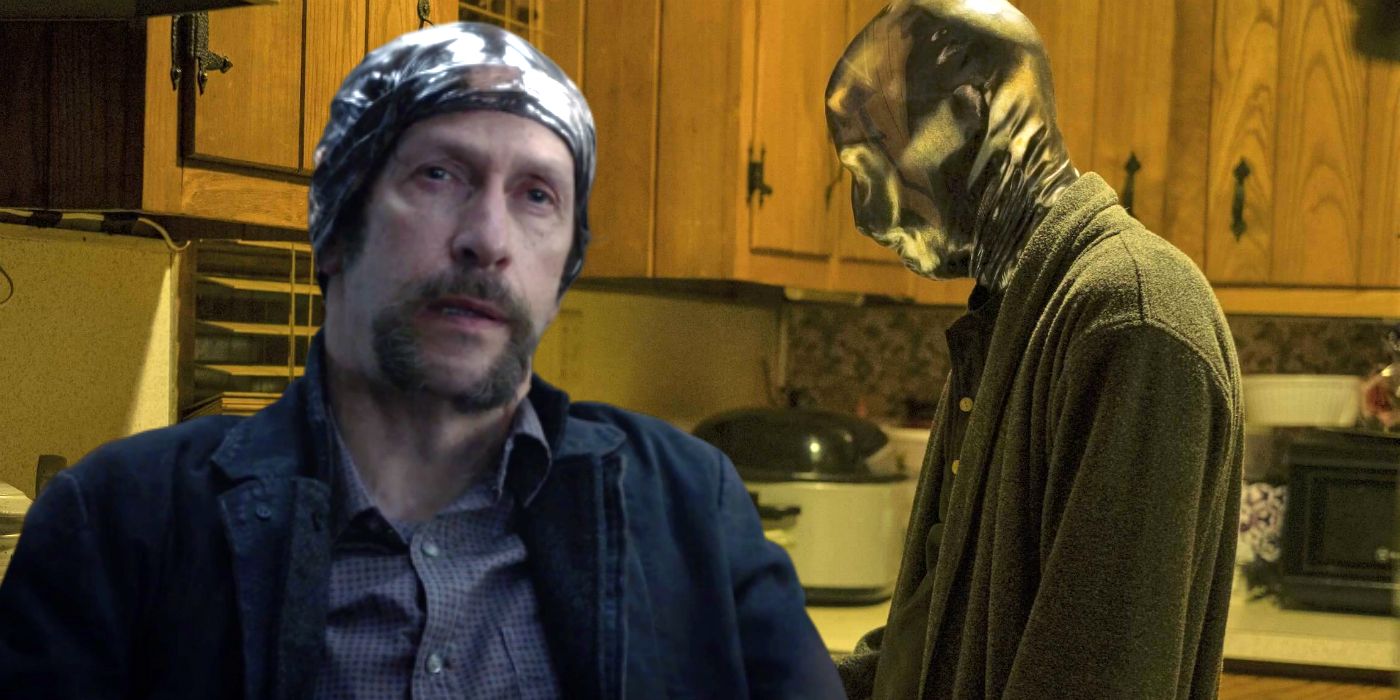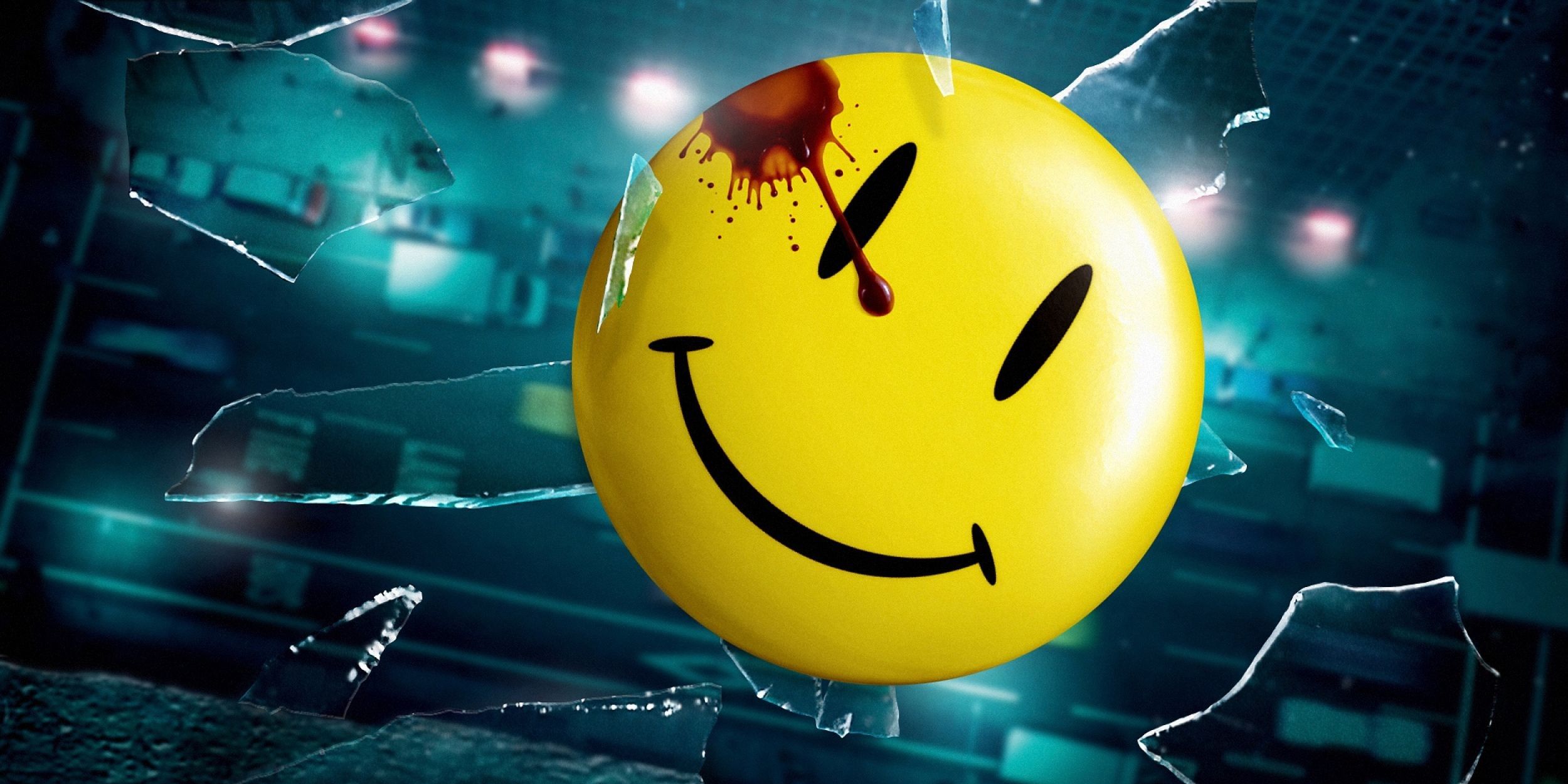HBO's Watchmen is steadily releasing new episodes, and as the series builds to its conclusion, fans can finally form a solid opinion on how it holds up to the original comic book. Alan Moore's graphic novel was an iconic masterpiece that redefined the genre. With such a pedigree behind it, the HBO show has a lot to live up to, even if we are not considering the Zack Snyder adaptation that released in 2009.
So how is HBO's Watchmen doing? Well, there are plenty of reasons why it is a phenomenal sequel to the beloved comic series. However, there are also a couple of things fans could live without. Read on if you want to know the best and worst attributes of the new Watchmen television series.
Does Well: Takes Clear Inspiration From Moore's Style
Alan Moore has his own style when it comes to writing comic books. Fans of his know to examine every panel of every page closely because he has a tendency to cram intricate details and symbols that will come into play later on in the story. Similarly, HBO's Watchmen does exactly that, capturing the symbolism aspect of Moore's style. Even the manner in which each episode contains its own story is reminiscent of the way Alan Moore's issues of Watchmen played out. It is very clear that the writer of the show, Damon Lindelof, is a fan of the original.
Live Without: A Requirement To Have Read The Comics
Fandoms might like to pretend they want an exclusive club for enjoying their entertainment, but fandoms thrive the more people are in them. HBO's Watchmen is not making it easy for newcomers to enter the fandom with this series. If a person who had never heard of Watchmen were to watch the show, there are so many things that would go over their heads.
For example, the snippet of the in-show television series, "American Hero Story," that showed Hooded Justice and Captain Metropolis' relationship would leave most viewers rather puzzled as to how that fits in with the story.
Does Well: Has A Solid Setting And Atmosphere
There is no denying that HBO's Watchmen feels like Watchmen. The inclusion of certain songs, the outfits the characters wear, the technology of the era, and the changes to this alternate timeline are all things that scream Watchmen. Whether you like the direction the story is taking or not, you have to appreciate the world-building that went on to make this setting and environment. It feels like an organic continuation of where Alan Moore's work left off. HBO's Watchmen is living and breathing in a bona fide Watchmen atmosphere.
Live Without: Ozymandias' Cringe-Worthy Behavior
We actually didn't spend too much time with Ozymandias in the comic book series, and now that we're getting to know him in his later years in the show, we kind of don't want to. There is so much going on with Ozymandias, and none of it is pleasant. From his foul treatment of his cloned servants to his embarrassing play depicting Dr. Manhattan's transformation, viewers cringe away from the screen whenever Adrian Veidt shows up. We all could have lived without seeing one of comic book history's greatest villains fishing for clone fetuses in a lake. Unfortunately, we Watchmen fans have a bit of masochism in our veins.
Does Well: Tells Its Own Story
Sequel series can run into so many problems when they are created. They can end up being completely irreverent to the source material or, conversely, they can be poor copies of the original. HBO's Watchmen artfully does not fall into this trap. It is quite clearly telling its own story.
While similar themes run through the show, these themes have evolved to match the changing times. Issues that were relevant in the 80s are not as topical these days, but that is what HBO's Watchmen is choosing to address. This is fantastic, as it promises a new story, with innovative twists and turns.
Live Without: Dr. Manhattan's Removal
We suppose this is not a case of something we could live without, and more of a case of something we can't live without. What we can live without is Dr. Manhattan's absence. One of the most prominent aspects of Moore's Watchmen was the inclusion of the character Dr. Manhattan. As the only super-powered being in the group, Manhattan was a unique creature. It was his existence that caused such dramatic changes to this alternate timeline. We are currently five episodes into HBO's Watchmen, and we are feeling Dr. Manhattan's absence deeply.
Does Well: Includes Just Enough From Source Material
Sequel series often make the mistake of including too much fan service. Creators might think they are pleasing the fandom by incorporating numerous moments that are reminiscent of the source material fans are so fond of, but they are actually turning the fandom off. Fans are not dumb; they know when they are trying to be placated. True fan service has to be doled out in small moments, just enough to tickle the memories of ardent viewers. HBO's Watchmen has refrained from over-saturating the fandom with these moments, and as a result, the scenes that do call back to the original are that much more effective.
Live Without: Laurie Blake's Strange Attachment
We are very intrigued about where HBO's Watchmen is taking the character of Laurie Blake. Severely underused in Alan Moore's Watchmen, it is clear that she has a more important role in this new series. However, if there is one thing we could have lived without, it's the knowledge that she misses Dr. Manhattan, her ex-boyfriend. Or, rather, it's not that she misses him, it's the manner in which she expresses her attachment. If you've seen the show, you know what we're talking about. If you haven't, let's just say she carries around a toy appendage in a metal case, exclusively for her own pleasure.
Does Well: Balances Character Development With Story Progression
Television shows and movies often can't get bogged down by side character development. Having your characters grow is vital to any story, but it is something that can't completely overwhelm the tale, especially in terms of moving the plot along. HBO's Watchmen has struck a balance between developing their side characters and having the story progress. The episode centered on the character of Looking Glass is perfectly emblematic of this. We learned so much about this man and who he is as a person while simultaneously barreling forward in the plot.
Live Without: Mysteries Upon Mysteries
Now, don't take this the wrong way. We love mysteries as much as the next person. In fact, as Watchmen fans, we love them more than most. However, there is a key difference when piling up mysteries in a comic book series versus in a television show. After completing Alan Moore's Watchmen the first time, we could look back at the individual issues with ease and see the puzzle pieces falling into place. We could see clues we had missed the first time around by just turning to a page. With HBO's Watchmen, once the final plot point is settled, the only way we can look back at these mysteries is to re-watch every episode. That takes time. And time, as we all know, is not something that is always readily available.

